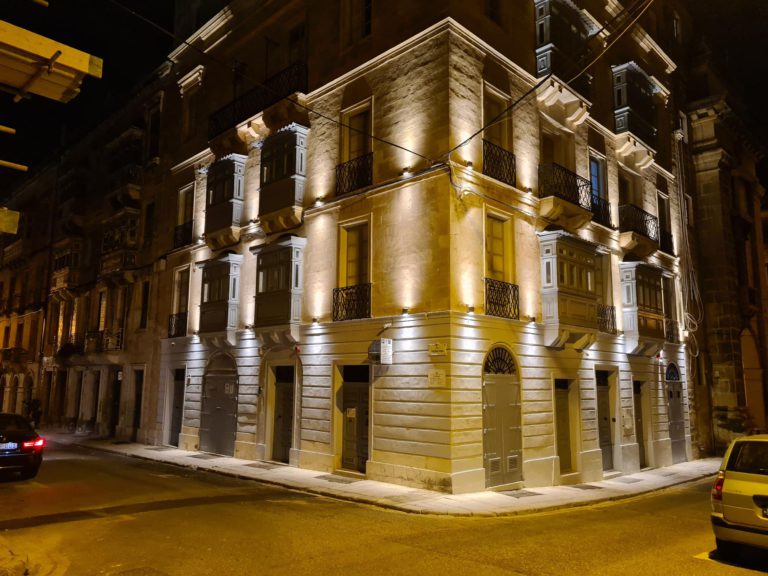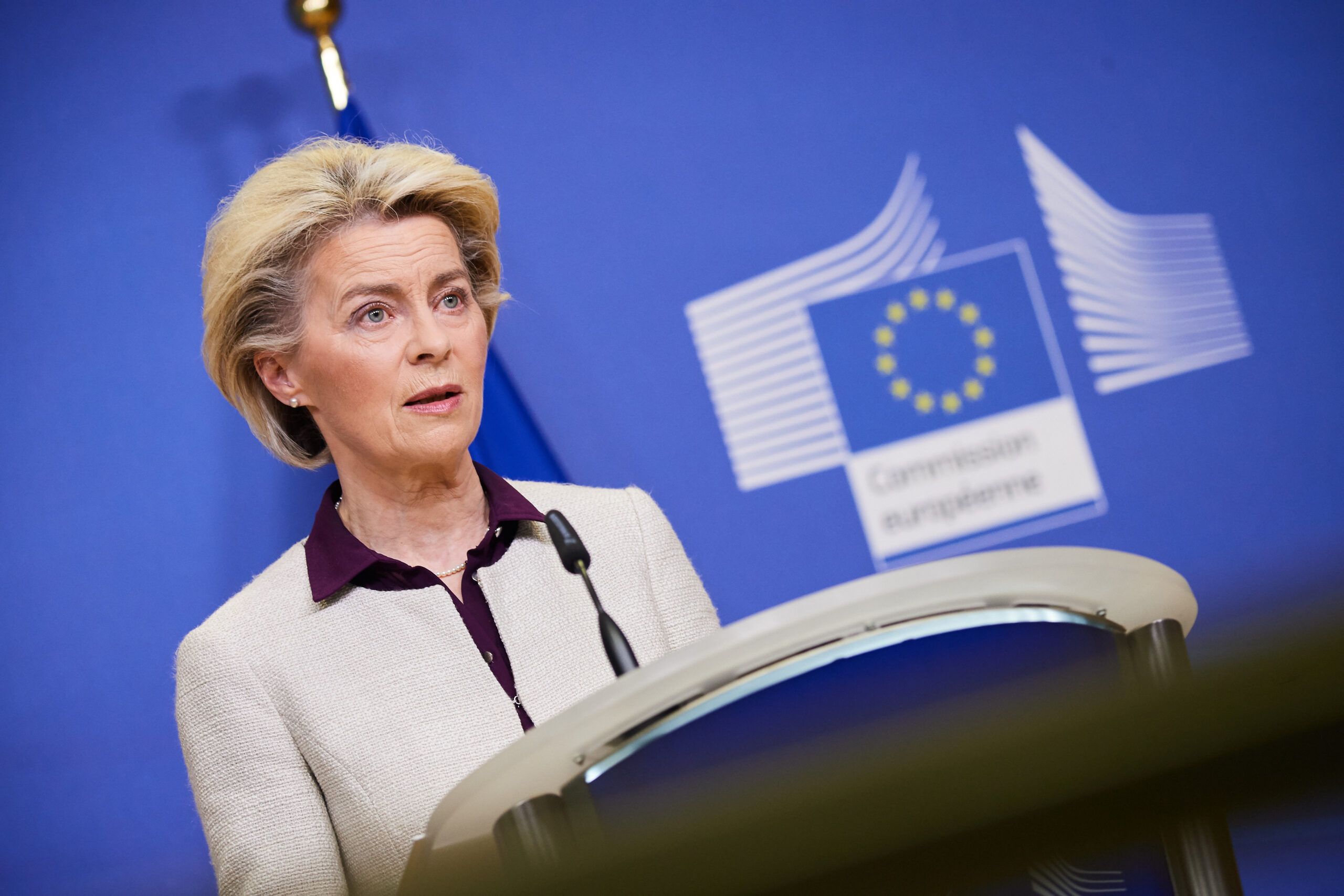The price of Bitcoin surged past the $50,000 mark earlier on Monday, capping an impressive run that has seen its price double since the beginning of the year.
Last year, Bitcoin saw its price increase by 300 per cent, leading to institutional investors finally buying into the cryptocurrency after years of skepticism. One UK-based asset management firm, Rutter, accumulated some £550 million of Bitcoin between November and January.
The increase is also the result of the new-found acceptance of Bitcoin by several regulators.
Although Bitcoin has experienced a drastic increase in value over the last year, observers remain concerned that it may be due for a significant correction, similar to what happened in 2017 when the value collapsed after a bull run.
During this period, Bitcoin came close to breaching through the $20,000 (€16,254) level, only to hit lows of €3,300 (€2,683).
Booming crypto prices have typically come during periods of social and political strife. As a decentralised currency that acts with theoretical independence from conventional currencies, it allows users more anonymity regarding how they spend their money.
For supporters of cryptocurrencies, their currency of choice is like a “new gold”, with many seeing Bitcoin especially as a relatively safe way to invest their money in advance of likely tumultuous market.
For these investors, Bitcoin is a safe-haven for funds otherwise threatened by currency inflation and banking inefficiencies.
MFSA concludes review of Crypto-Asset Service Providers following MiCA implementation
The Authority provided clear expectations and guidance to address certain concerns.
Malta Development Bank to launch schemes supporting sustainable development and creative sector
In 2024, the MDB launched the SME Guarantee Scheme and the Guaranteed Co-Lending Scheme
Euro surges as Trump slaps 20% tariff on Europe, EU vows to retaliate
The sweeping reciprocal tariffs has sparked fears of an all-out global trade war






